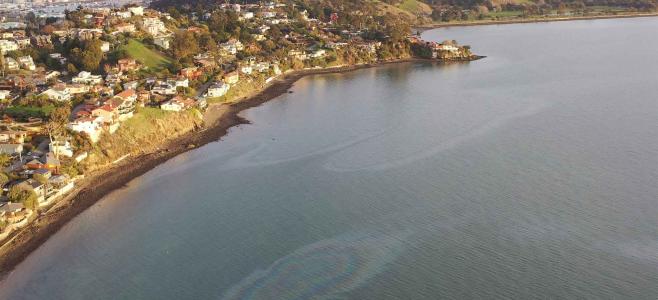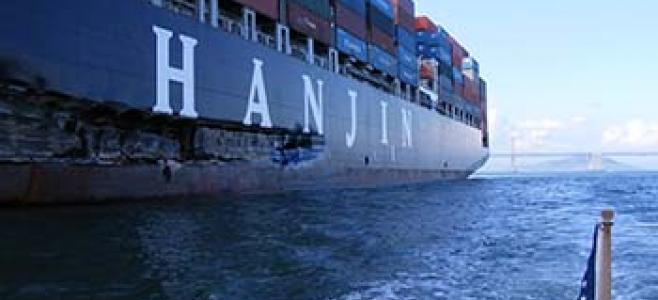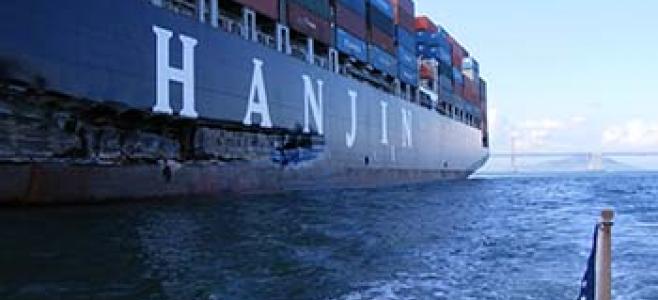The office of California Attorney General Kamala Harris recently raised concerns about environmental damage to San Francisco Bay and shoreline communities that could result from a proposed expansion of a Pittsburg oil transfer and storage facility.
The Attorney General’s office responded to the environmental impact report on the WesPac Pittsburg Energy Infrastructure Project, citing failures to analyze the risk of oil spills and potential air pollution. These criticisms echo the objections Baykeeper and other community groups have recently raised. In addition, a recently released report highlights the increased danger of oil spills from expanded oil transport by rail.
The WesPac project would reactivate and expand a now-closed marine shipping terminal in Pittsburg on the shore of Suisun Bay, a San Francisco Bay inlet. The facility would receive crude oil and partially refined crude oil from trains, ships, and pipelines and then transfer the oil to nearby refineries. Expanded oil storage capacity is a link in the oil industry’s plans for a major expansion of Bay Area oil refineries, in order to process millions of barrels of oil for export to other states and countries.
Before the WesPac oil facility can be approved, Pittsburg is required by California law to certify an environmental impact report informing the public of any adverse impacts the project may have. The report must also describe actions that the developers must take to mitigate adverse impacts.
An 11-page letter from Attorney General Harris' office says that the WesPac facility’s draft environmental impact report does not adequately disclose and analyze impacts on local air quality and does not address the risk of accidents that could result from moving and storing new varieties of crude oil, among other objections, according to the Contra Costa Times.
In addition to agreeing with Harris’s objections, Baykeeper strongly opposes both the WesPac facility and the expansion of Bay Area oil refineries. A significant increase in oil storage and processing along the Bay’s shores could drastically raise the risk of oil spills into the Bay and its watershed. Moreover, the expanded refineries and storage facilities could be flooded by rising Bay water levels due to global climate change, causing even more pollution in the Bay.
One consequence of expanding the Bay Area’s oil refineries would be more oil coming into the Bay Area by rail. A recent analysis of federal data shows the danger this poses to the Bay and surrounding communities. The amount of oil being shipped through the US by rail is on the rise. As a result, more crude oil has been spilled in rail accidents in the past year than during the previous 38 years combined.
The Pittsburg city council will consider the environmental impact report for the WesPac oil storage and transfer facility soon. Baykeeper will continue to advocate for prevention of contamination of San Francisco Bay and shoreline communities from the WesPac facility and other planned expansions of Bay Area oil refineries.


